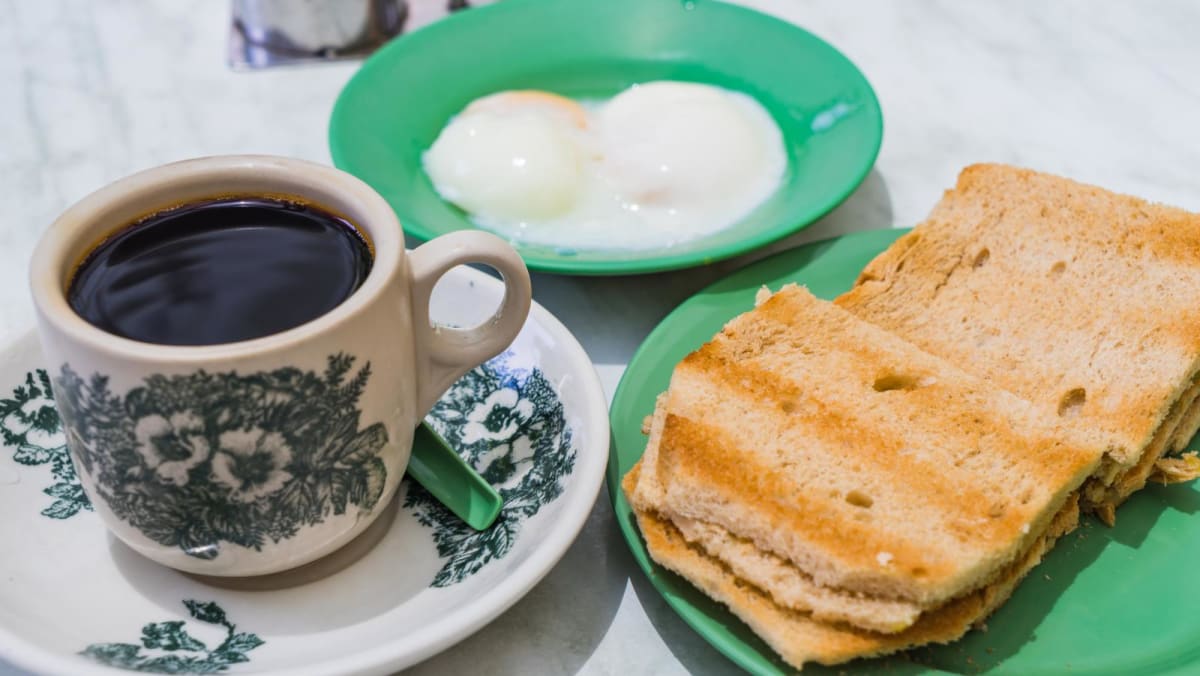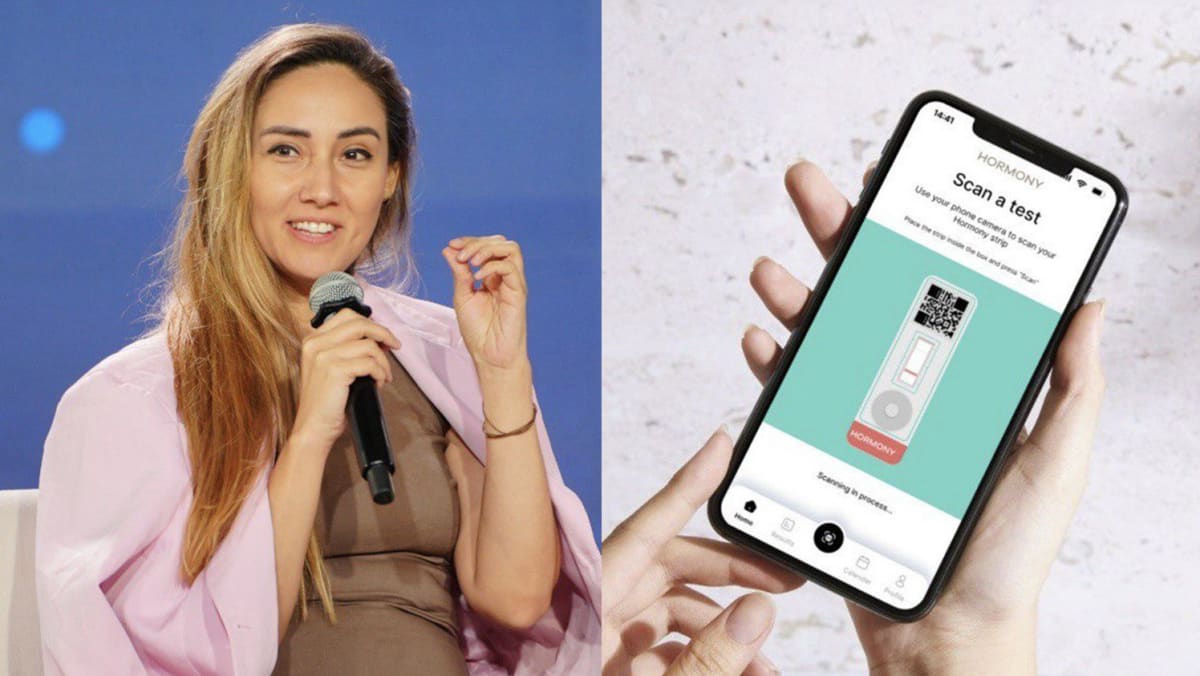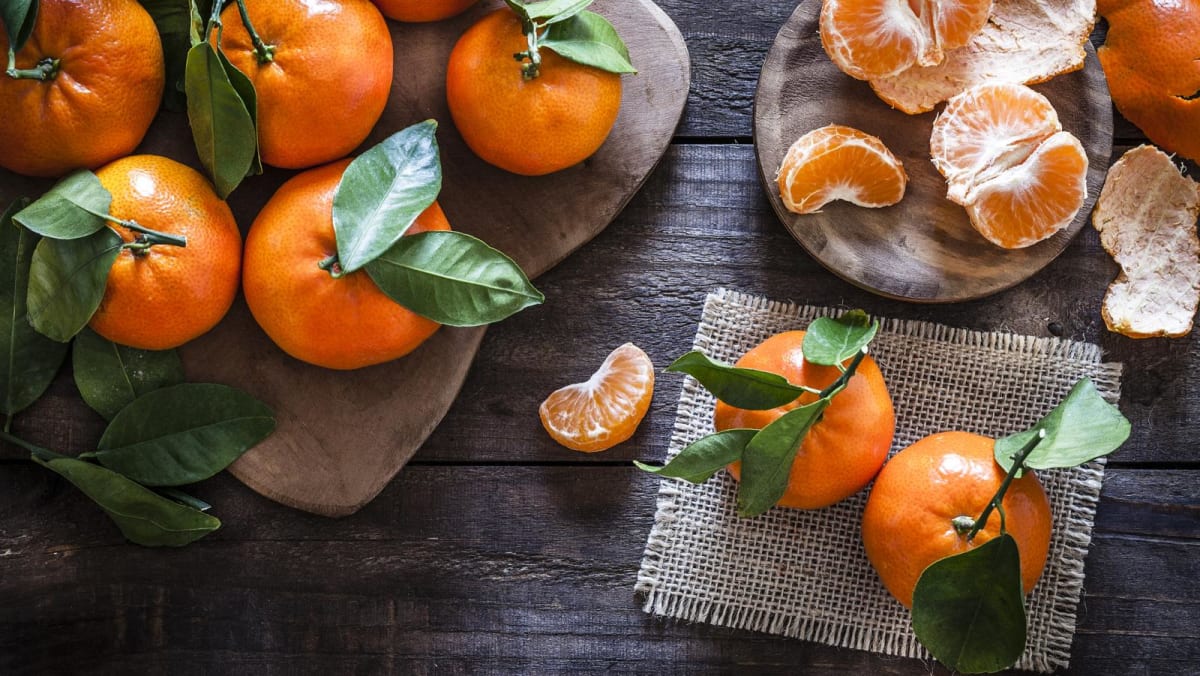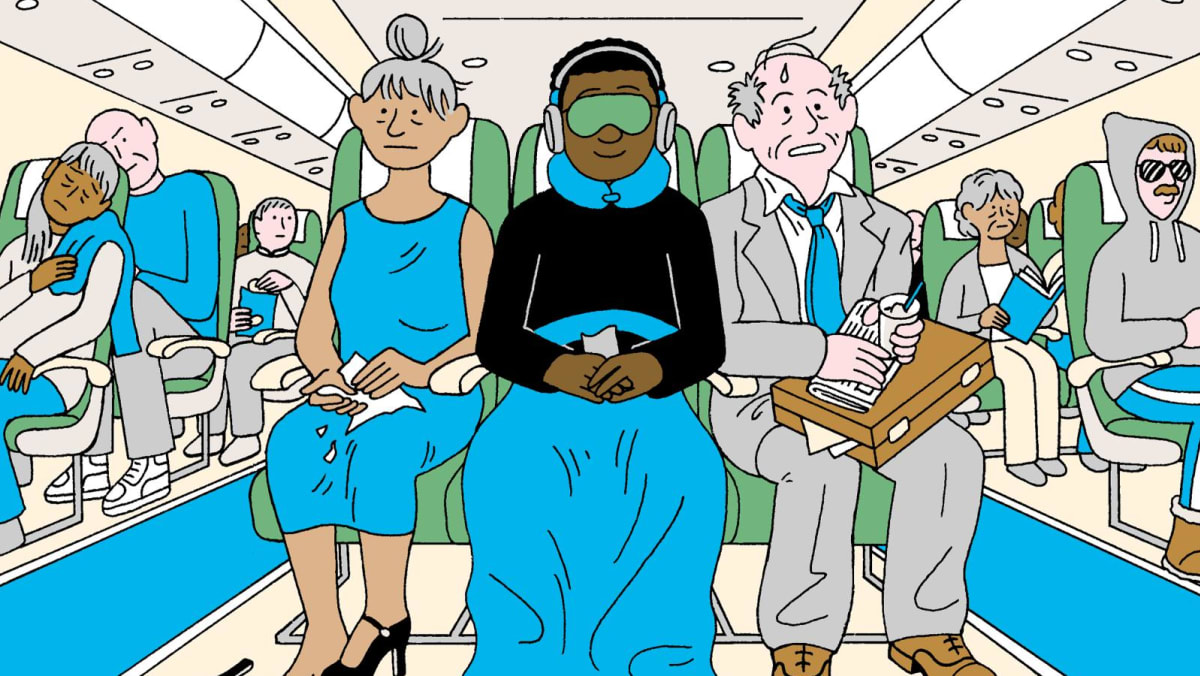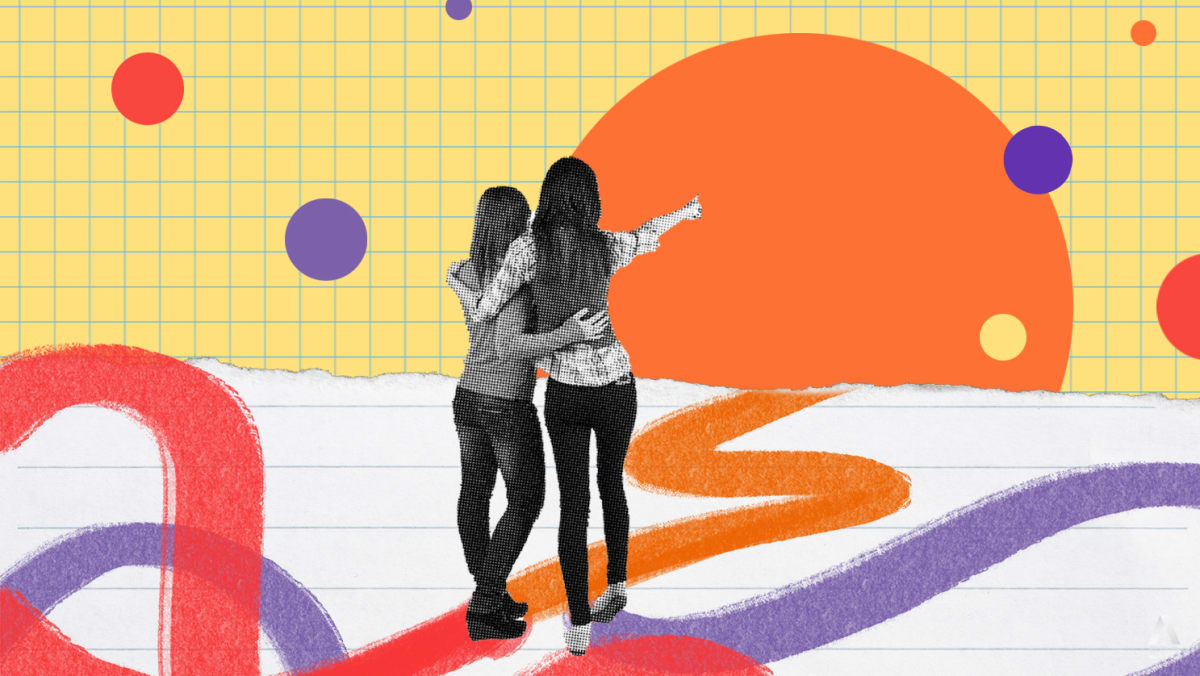I did not eat breakfast before starting to write this article. But I did feed my three children before sending them to school. In fact, I know breakfast is so important for kids that my husband and I serve our high schooler food in front of her makeup mirror, like she’s royalty, to make sure she eats. The two of us? We stick to coffee.
We are certainly not alone. Plenty of adults skip breakfast because they are too rushed or distracted or simply aren’t hungry first thing in the morning. Is it really such a big deal? The general wisdom from experts is that a morning meal – ideally some combination of protein, fibre and fat – stabilises your blood sugar, gives you energy and keeps you satiated, so you are less likely to overeat later on.
“But maybe something else works for you,” said Lindsay Malone, an instructor in the department of nutrition at Case Western Reserve University School of Medicine and a registered dietitian. “Who am I to tell someone they need to eat breakfast if they don’t feel like it?”
The key is listening to your body. You may think you feel fine without breakfast, but there could be consequences you aren’t paying attention to. Before you continue to skip it, here are a few things to consider.
ARE YOU NOT HUNGRY IN THE MORNING?
If you eat or snack close to bedtime, your body could still be digesting from the night before. A pattern forms: You skip breakfast but make up for missed calories later in the day. “And then you might eat a third of your calories snacking after dinner,” Malone said. Having your body take on more digestion when it should be resting can lead to worse sleep and weight gain, she added.
“Physiologically there are a lot of mechanisms at play to encourage our bodies to eat in the morning,” said Ivory Loh, a registered dietitian nutritionist in Seattle. But if you’ve spent years not eating breakfast, your body may have stopped sending hunger cues it knows will be ignored. “I tell clients to try three weeks of consistently eating something,” Loh said. “Just give it a go. Your body will start to anticipate being fed.”
DO YOU DRINK COFFEE?
Coffee can initially suppress your appetite and give you a bit of energy, especially if you drink it with milk, which provides a little fat.
But only taking down a latte can come back to haunt you. Maybe this sounds familiar: You start your day, become distracted and don’t notice that the coffee boost has worn off. Hours later, you’re famished.
“It’s as if your body is texting you, calmly, and you don’t answer. So then it starts calling, then speed dialing. By the time you pay attention, it’s an urgent yell,” Loh said. Often, that’s when we play catch-up with convenient comfort foods.
Try to listen to hunger cues before things go haywire. “Maybe you aren’t hungry until 10am. That’s okay. Sit down and have yoghurt and a banana. That still counts as ‘breakfast,’” said Lauren Au, an associate professor of nutrition at the University of California, Davis, who eats toast with peanut butter most mornings.
If an actual meal is unappealing, other options include a smoothie or a scoop of collagen in your coffee (for protein), Malone said. She often has a protein shake.
COULD IT BE THAT YOU DON’T LIKE BREAKFAST FOOD?
No rule states you have to stick with cereal or eggs. Eat leftover spaghetti and meatballs from the night before. Have a turkey sandwich. Serve your kids a fish stick. Loh was born in Malaysia and grew up in Shanghai, where breakfast could be noodle soup or a pork bun, she said. “It’s any meal you want to eat to start your day.” Today, she usually eats “a hearty toast” with toppings like cottage cheese or kaya, a coconut jam popular in Southeast Asia.
ARE YOU FASTING?
Limiting the hours of the day when you eat so that your body burns fat for fuel, a practice known as intermittent fasting, may help with modest weight loss and with stabilisingblood sugar for those with Type 2 diabetes, Malone said.
But don’t wing it, she added. True fasting does not permit a glass of orange juice, for example; Your body will start burning the sugar instead of fat, negating the goal. Diabetics, especially, should consult a doctor or nutritionist to create a plan, as high or low blood sugar can be dangerous.
Once the day’s fasting period is over, remain mindful of what you eat, Dr Au said. The most important thing for your health is that you are being intentional about when and what you consume.
“Breakfast may not work for every single person. If you are getting enough nutrition for your body later in the day, that’s awesome,” Loh said. “Just don’t make it an afterthought.”
By Elizabeth Passarella © The New York Times Company
The article originally appeared in The New York Times.





